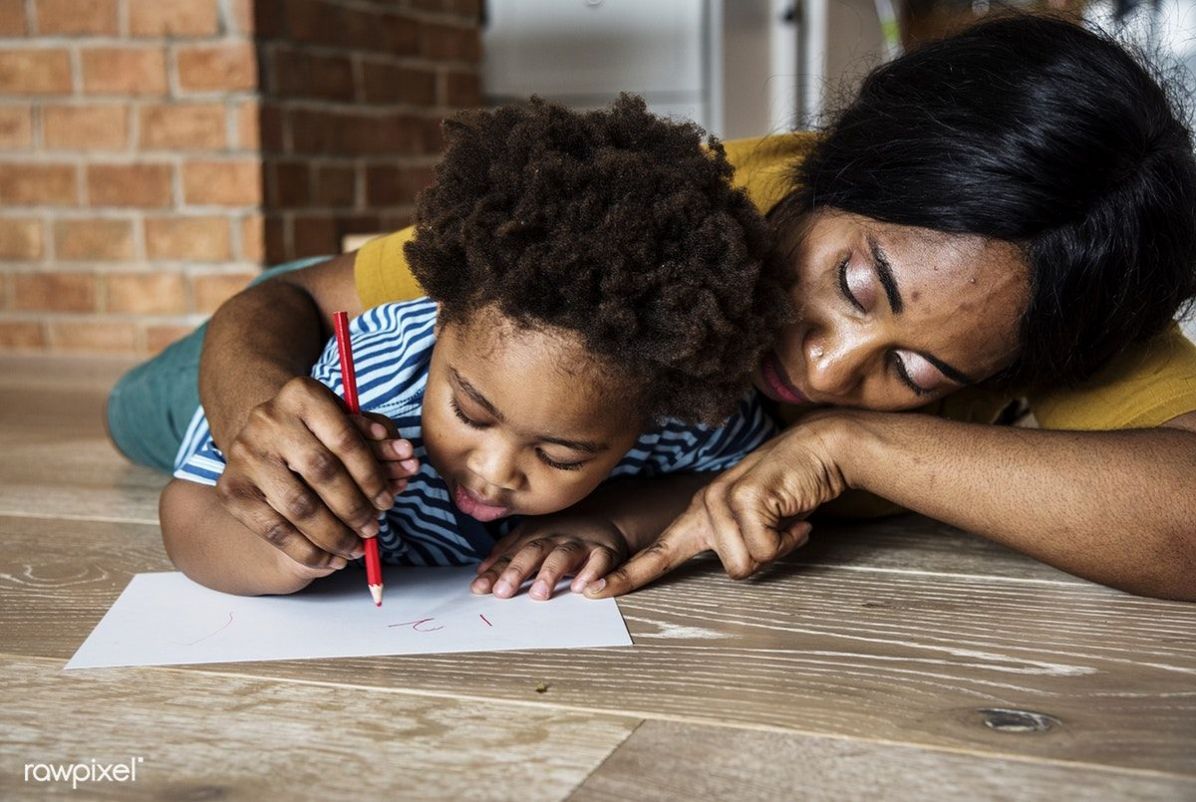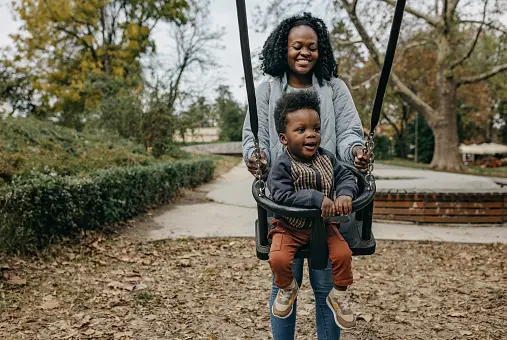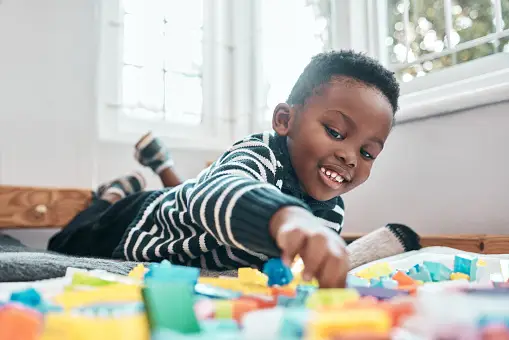Who are children with special needs?
The term “special needs” is usually associated with children who have disabilities that make learning and communication difficulties. It can mean anything from slight learning disabilities to profound retardation.
Special needs can range from people with autism, cerebral palsy, down syndrome, dyslexia, blindness, ADHD, and cystic fibrosis. They can also include cleft lips and/or palates, port-wine stains, and missing limbs.
Causes of Special needs
Special needs can be caused by many factors such as; Birth injury, genetics, and some causes are unknown.
How to train my child with special needs
Interact
Always introduce yourself first, show them you care, show them how much you love them too.
Be Observant
You have to be very observant and vigilant because some children with special needs perceive sensory input in different ways and may be unable to verbalize discomfort.
Use Common Sense
Always put safety first and arrange the environment for physical and emotional comfort.
Be Flexible
You can not stick to one style of training or teaching, with special children you have to use a variety of methods to help them understand and master new skills.
Be Consistent
Introduce your set of rules and apply those rules consistently.
Use visual, auditory or tactile cues
Having the right cues in an environment can mean the difference between participation and non-participation for many children with special needs. Auditory cues are clapping, snapping or whistling. Tactile cues such as gently touching a person’s shoulder, offering a blanket or other soft fabric, or providing silly putty are easy ways to mark a transition and get a person’s attention.
Be Positive
A positive attitude is the single most important quality for anyone who works with children with special needs.
Tips for dealing with a child with learning disabilities
- Keep things in perspective
- Become your own expert
- Be an advocate for your child
- Remember that your influence outweighs all others
- Focus on strengths, not just weaknesses
- Clarify your goals
- Be a good listener
- Offer new solutions
- Keep the focus
Children with special needs are different, but still wonderfully loving and fun to be around. More understanding needs to take place so there is no judgment or fear of being around these children.











Comments